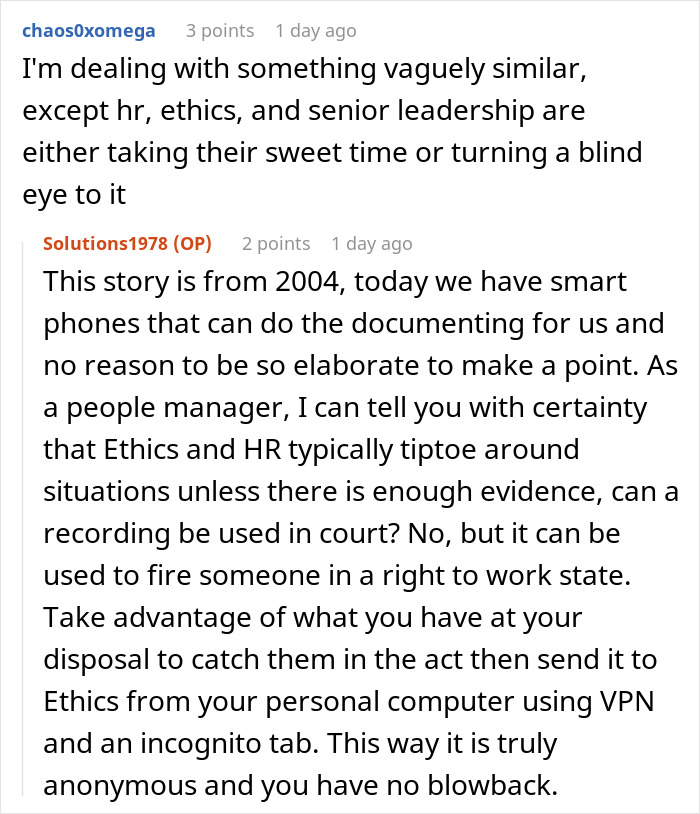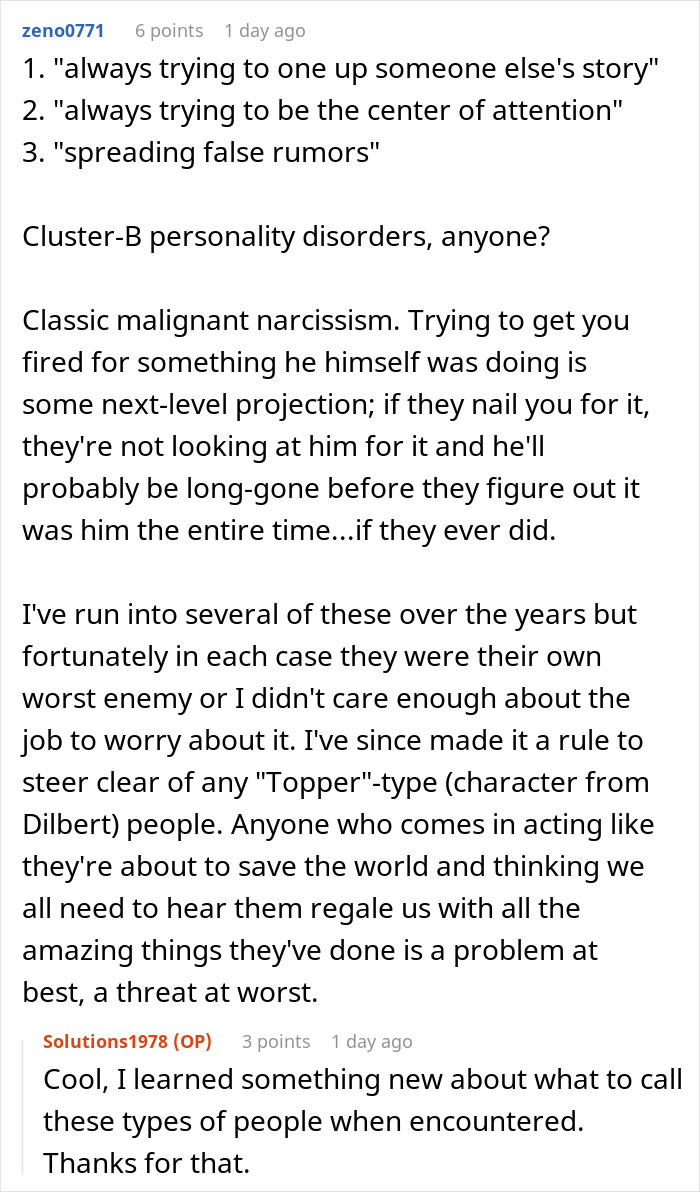Some competition at work might be healthy and can foster motivation and innovation. But too much of it can lead to stress and conflict, harming the entire business.
A few days ago, Reddit user Solutions1978 made a post on r/PettyRevenge, recounting a workplace saga that vividly illustrates what happens when employees get obsessed with climbing the ladder.
A new hire joined his team and instead of focusing on the job, the guy immediately began spreading rumors, trying to sabotage his colleagues’ reputations.
When this worker realized that his colleague was secretly spreading nasty rumors about him, he decided to take revenge

Image credits: APchannel/Envato elements (not the actual photo)
And started his own covert operation


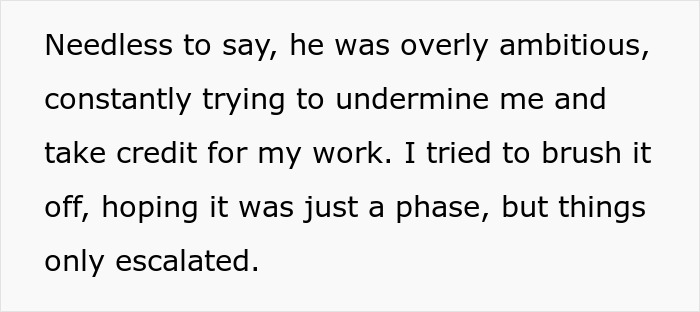
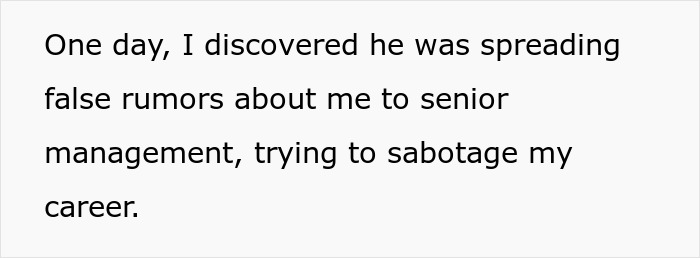

Image credits: wosunan/Envato elements (not the actual photo)


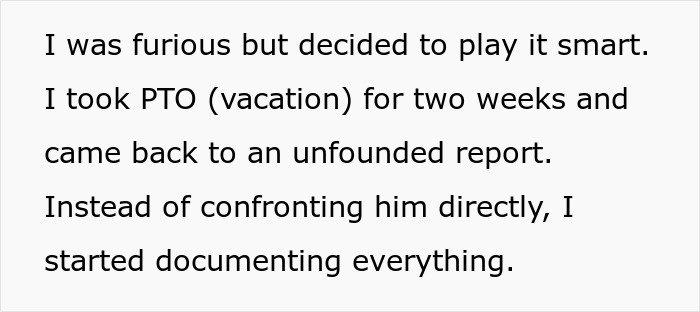
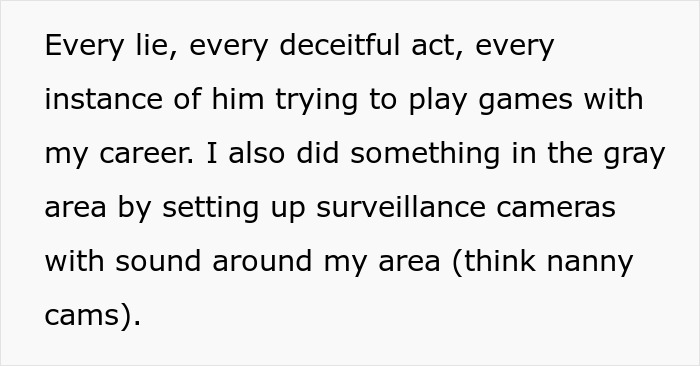
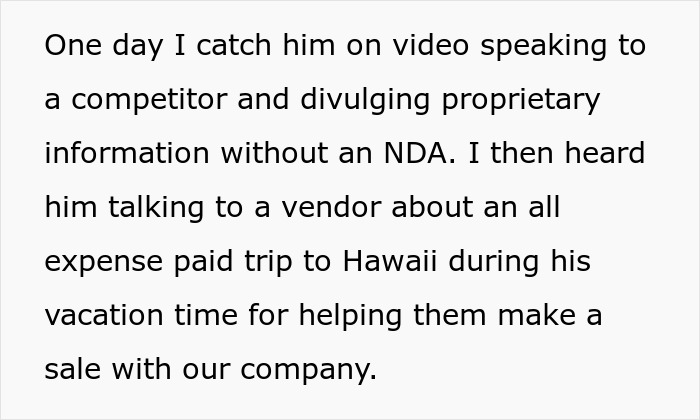
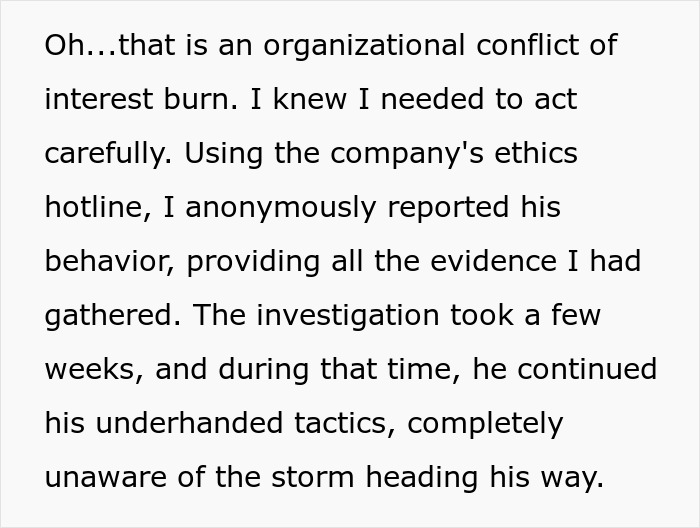
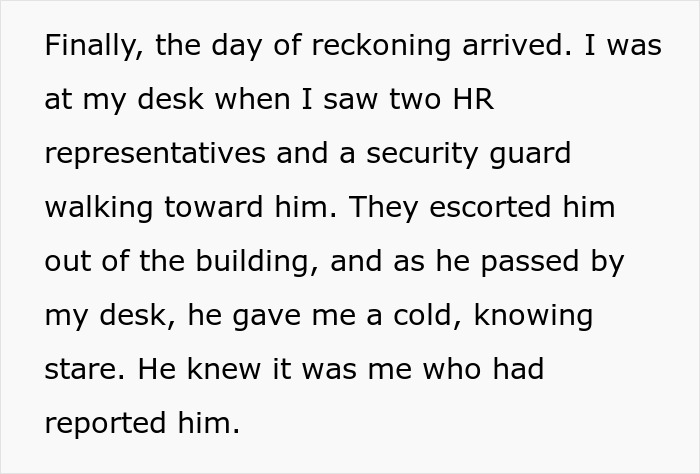

Image credits: wirestock/Envato elements (not the actual photo)


Image credits: Solutions1978
Rumors and lies can really damage an organization’s culture
The author of the post could’ve easily ended up in a very bad spot himself. Emma Seppälä, PhD, who is a faculty member at the Yale School of Management and the science director of Stanford University’s Center for Compassion and Altruism Research and Education, says workplace gossip can have devastating consequences.
“We tend to have a strong negativity bias,” she writes. “Almost all of us pay more attention to negative information than we do to positive information. Think about the last time you posted something to Facebook, for example, and got a string of enthusiastic comments followed by a single, stinging rebuke – which comment did you focus on?”
“We react similarly to information about others. Research by Stanford University professor Robb Willer shows that we take negative gossip about others seriously. We view it as useful information that can protect us. The result — if someone spreads false rumors about you — is that it’s hard to shake off that reputation. Not only can this experience damage your professional opportunities, it can be extremely stressful on a personal level.”

Image credits: fauxels/Pexels (not the actual photo)
According to Liz Kislik, who has taught at NYU and Hofstra University and helps organizations solve their thorniest problems, some employees really do indulge in gossip because they believe they can’t achieve their goals through good work.
What’s worse, they can be tricky to deal with — pointing out their lies can push them to “lie better.”
In these cases, she advises you to “document the lying employee’s behavior and your feedback so that you at least have a private record.”
“[When] you’re dealing with someone who lies repetitively, it may be an ingrained habit that’s hard for the liar to break. Even if they suspend the habit temporarily when they find themselves under pressure again, they’re likely to revert to lying as a coping behavior,” Kislik explains.
It’s in the company’s best interest to catch these folks and show them the door because such behavior causes poor decision-making and disrupts work relationships. Plus, leaders can’t afford to have employees thinking they’re willing to tolerate a toxic culture of lies and deceit.
So it seems like the villain of the post got what was coming to him.
As the story went viral, its author joined the discussion in the comments

